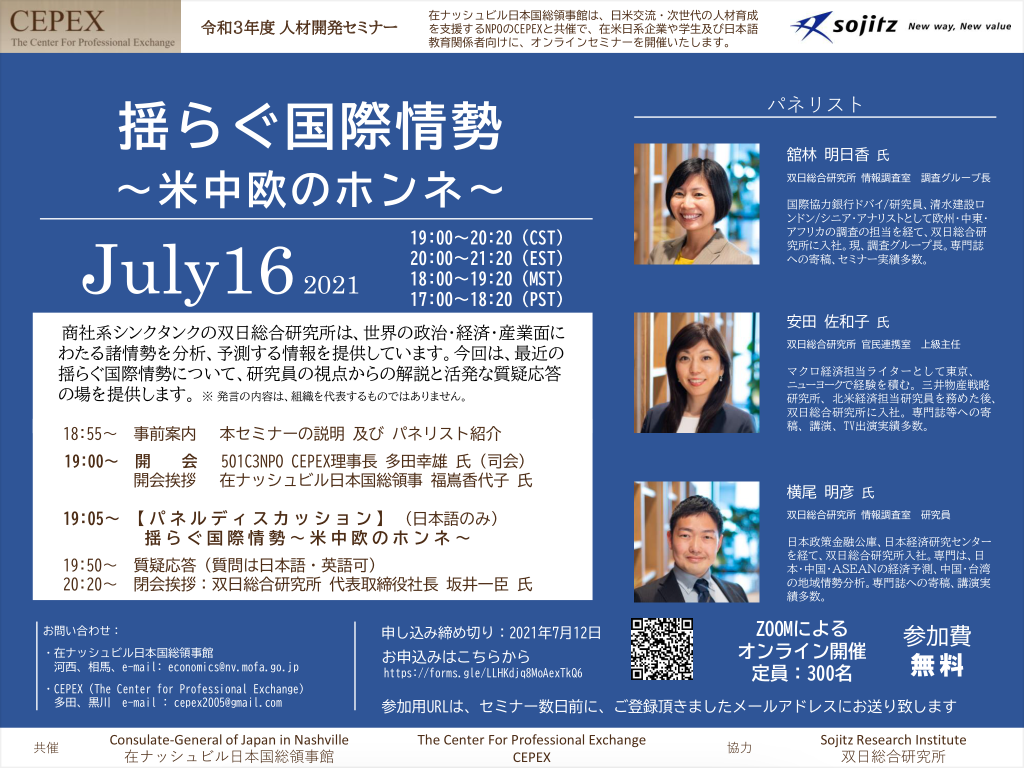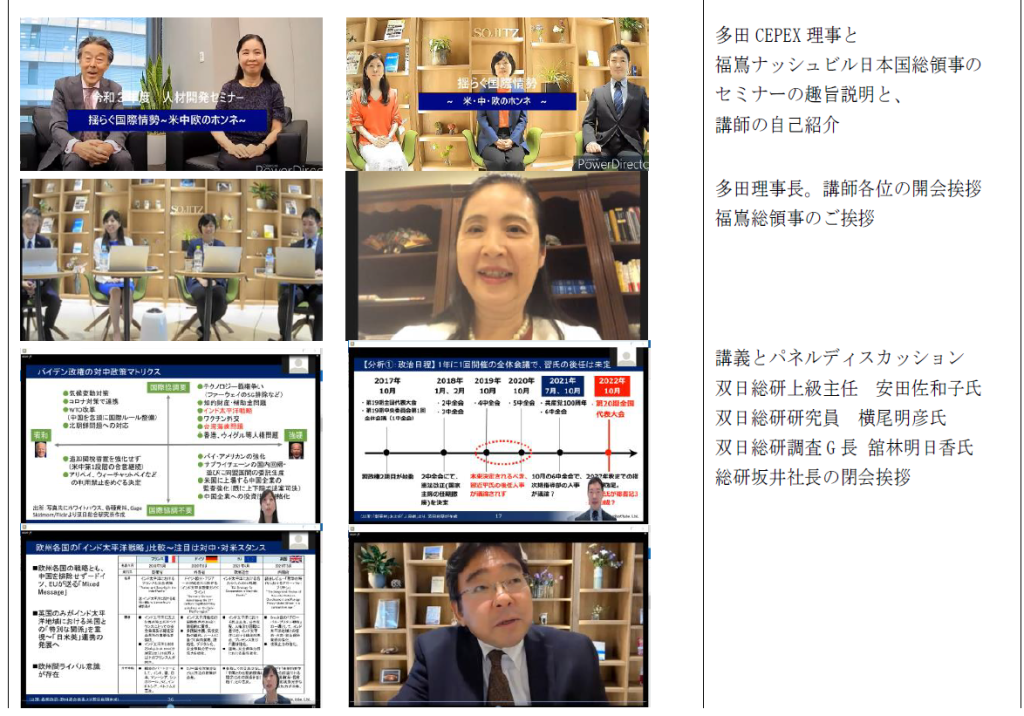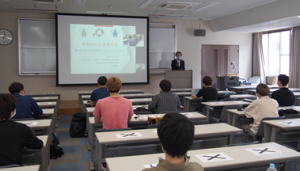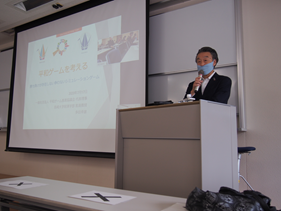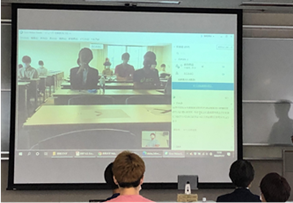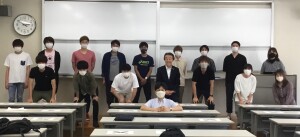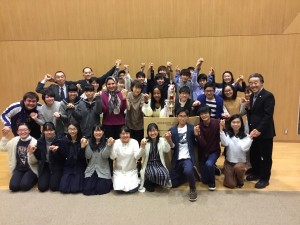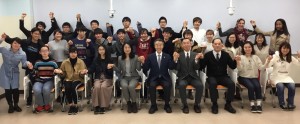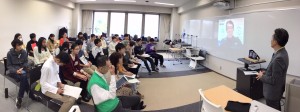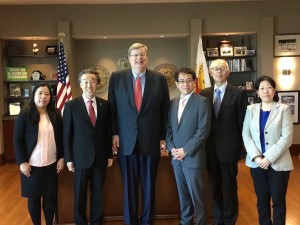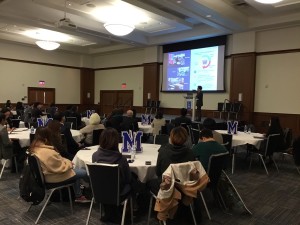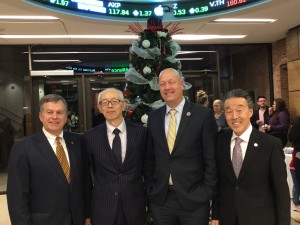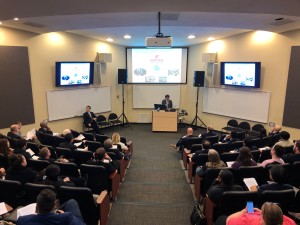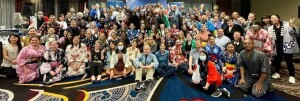 As the Japan Exchange and Teaching (JET) Program celebrates its 35th anniversary, alumni members from across the US, plus a few attendees from Canada and Japan, gathered in Seattle, WA, for a special reunion conference. The JET35 event was a mixture of official programming with speeches and panels, plus off-site excursions and activities arranged by USJETAA with support from the Pacific Northwest JETAA alumni chapter. 150+ attendees representing 41 of the 47 prefectures registered, with Gunma the most represented. The first major gathering for many to attend in-person after the pandemic, attendees wore face masks indoors for the official programming, except for when eating, drinking and the group photo at the Haru Matsuri dinner reception.
As the Japan Exchange and Teaching (JET) Program celebrates its 35th anniversary, alumni members from across the US, plus a few attendees from Canada and Japan, gathered in Seattle, WA, for a special reunion conference. The JET35 event was a mixture of official programming with speeches and panels, plus off-site excursions and activities arranged by USJETAA with support from the Pacific Northwest JETAA alumni chapter. 150+ attendees representing 41 of the 47 prefectures registered, with Gunma the most represented. The first major gathering for many to attend in-person after the pandemic, attendees wore face masks indoors for the official programming, except for when eating, drinking and the group photo at the Haru Matsuri dinner reception.
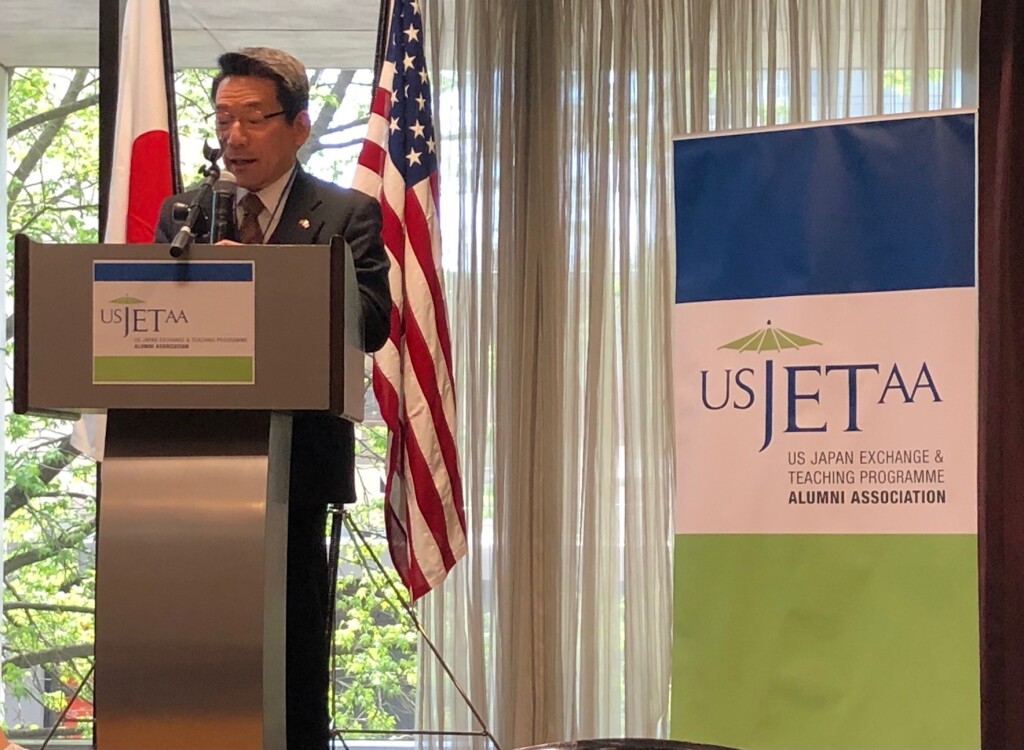 Consul General Hisao Inagaki welcomed everyone on behalf of the Japanese Consulate in Seattle.
Consul General Hisao Inagaki welcomed everyone on behalf of the Japanese Consulate in Seattle.
Special video messages were played from Minister of Foreign Affairs Yoshimasa Hayashi and Consul General of the US in Osaka-Kobe, Richard Mei.
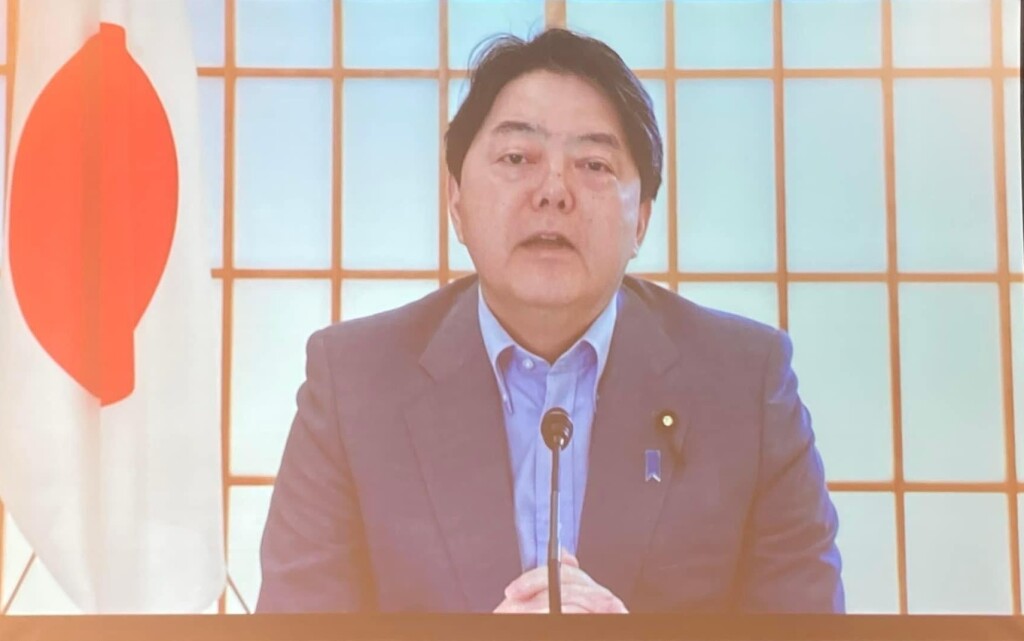 Minister Hayashi noted the roles JET alumni take on in support of the US-Japan relationship and range of careers that build upon their JET experience.
Minister Hayashi noted the roles JET alumni take on in support of the US-Japan relationship and range of careers that build upon their JET experience.
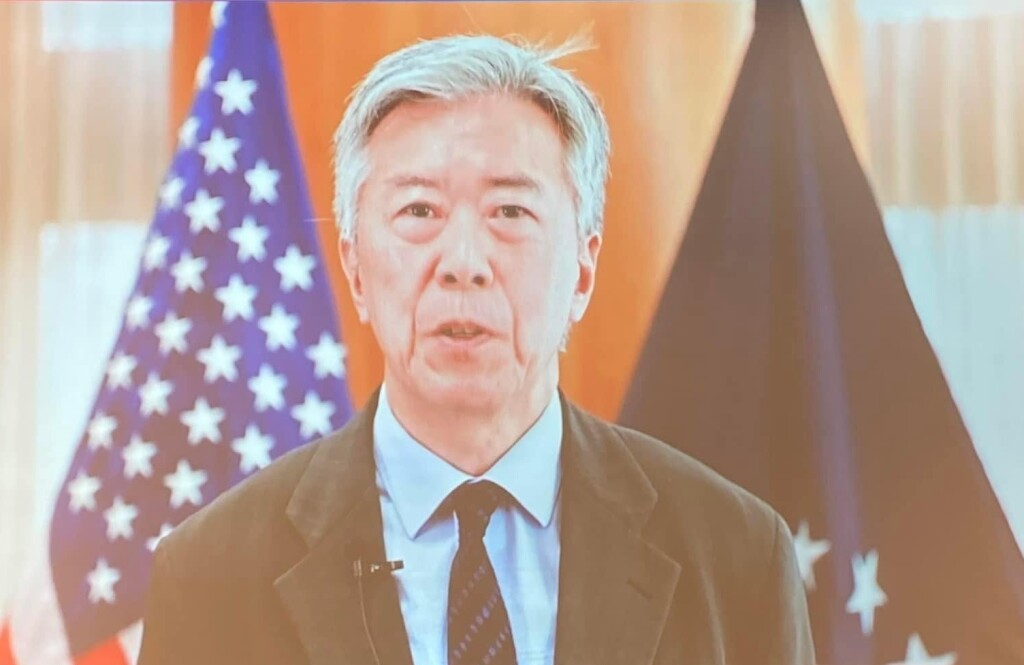 Consul General Mei noted how his participation in the JET-precursor program Monbusho English Fellows (MEF) in Tokushima led to his career at the State Department and current role in Osaka.
Consul General Mei noted how his participation in the JET-precursor program Monbusho English Fellows (MEF) in Tokushima led to his career at the State Department and current role in Osaka.
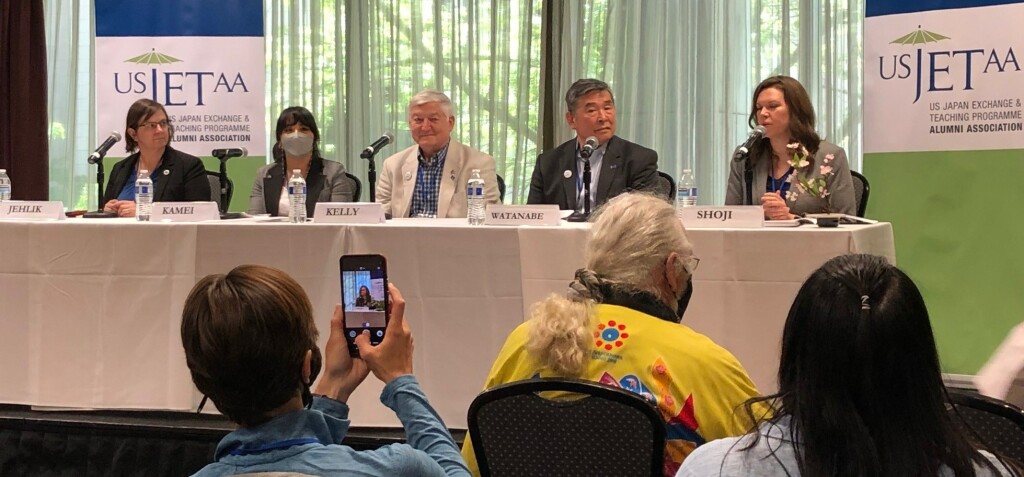 Shanti Shoji led the panel on Bringing Japan Home: Community Connections to Japan. Discussants included JET alumni Seattle International Affairs Director Stacey Jehlik, and Mountain View, CA city council member Ellen Kamei; plus former Commander US Naval Forces Japan Admiral James D. Kelly, and Japan America Society of the State of Washington Dale Watanabe. Mr. Watanabe shared moving anecdotes of the Japanese Americans who were sent from Bainbridge Island to internment camps, including his own family. The panel recommended alumni volunteer anywhere, get involved, and bring the Japan experience to international activities.
Shanti Shoji led the panel on Bringing Japan Home: Community Connections to Japan. Discussants included JET alumni Seattle International Affairs Director Stacey Jehlik, and Mountain View, CA city council member Ellen Kamei; plus former Commander US Naval Forces Japan Admiral James D. Kelly, and Japan America Society of the State of Washington Dale Watanabe. Mr. Watanabe shared moving anecdotes of the Japanese Americans who were sent from Bainbridge Island to internment camps, including his own family. The panel recommended alumni volunteer anywhere, get involved, and bring the Japan experience to international activities.
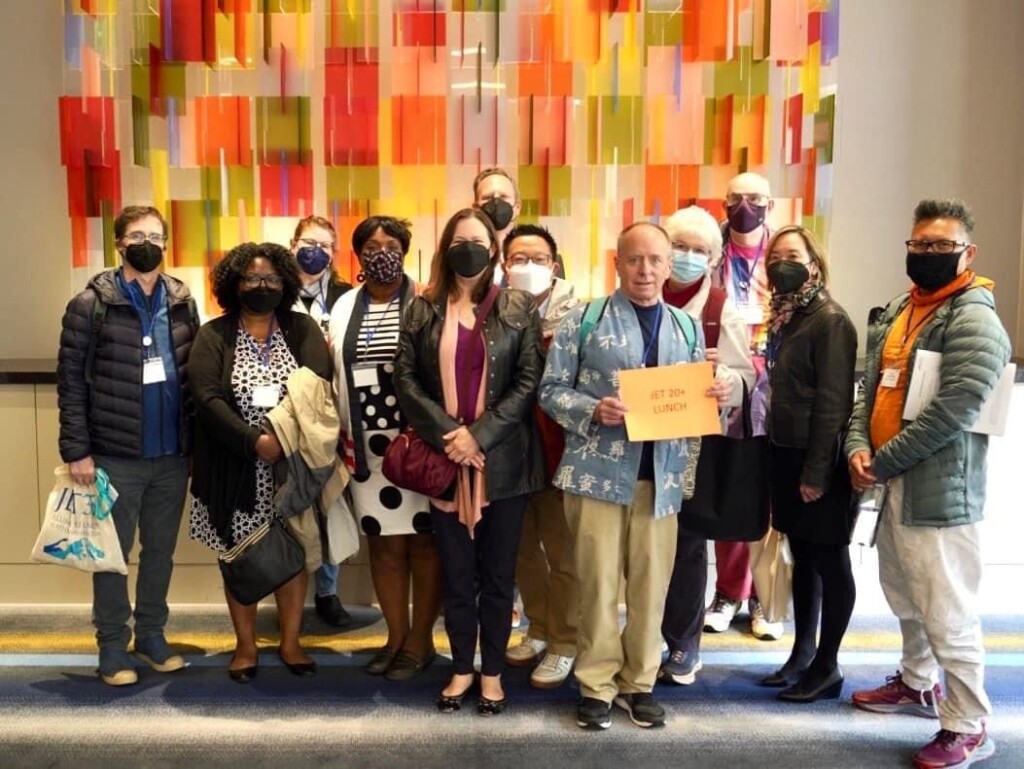 Special breakout events included a JET 20+ lunch offsite with attendees who participated on the JET Program before 2002. The alumni represented JETAA chapters including Seattle; Northern California; Southern California; Washington, DC; and Heartland (Kansas City, MO).
Special breakout events included a JET 20+ lunch offsite with attendees who participated on the JET Program before 2002. The alumni represented JETAA chapters including Seattle; Northern California; Southern California; Washington, DC; and Heartland (Kansas City, MO).
 One of the exhibit tables displayed a selection of books written by JET alumni. The Creators Panel included JET alumni Zack Davisson, a manga translator and author of Yurei: The Japanese Ghost, and Kaibyo: The Supernatural Cats of Japan.
One of the exhibit tables displayed a selection of books written by JET alumni. The Creators Panel included JET alumni Zack Davisson, a manga translator and author of Yurei: The Japanese Ghost, and Kaibyo: The Supernatural Cats of Japan.
The Breakout Session on Sister Cities, KenJETKai, and other Innovative Exchanges: Sustaining Ties with Communities in Japan, highlighted the existence of 457 US-Japan sister cities according to the Council of Local Authorities for International Relations (CLAIR). Many of the US Sister Cities are NPOs, run by volunteers who do not know protocol, Japanese language, social media or technology. Sister Cities need new energy and new people to join. Independence, Missouri became a sister city with Higashimurayama in 1978. The relationship was started after some Japanese tourists became lost in former President Truman’s hometown of Independence, MO. The townspeople were kind and helped the tourists. In 1979 students from Higashimurayama visited Independence for a two-week home stay, and a student group has visited every year since. In 1981 six students went to Higashimurayama, and student exchanges have been conducted every year since. JET alumni who return to their communities can help play a role energizing US-Japan sister city relationships, continuing the investment in grassroots, people-to-people exchanges first experienced on the JET Program.







